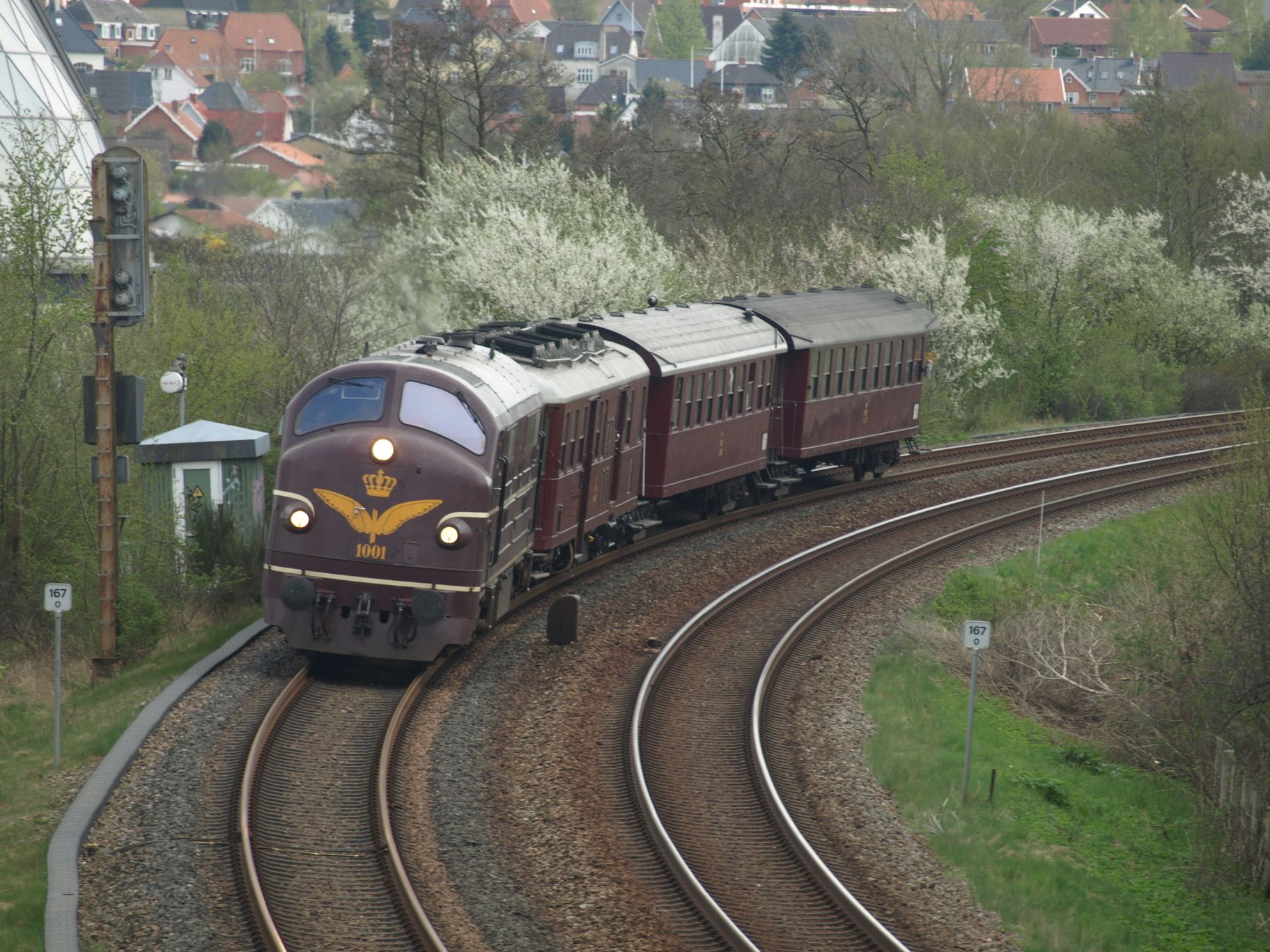Although modern technology seems to be moving faster every day, a train trip in Denmark was often quicker in 1965 than it is today.
A trip on one of the high-speed trains of the mid-60s would have carried a passenger around Denmark more quickly than in July, 2015.
“The big difference today is more trains on the rails stopping at more stations,” Jørgen D. Rasmussen, the regional manager at DSB for Funen and Jutland told Jyllands-Posten. “There are also more trains between the major cities today than there were in 1965.”
Currently track work between Nyborg and Frederikshavn increases the time of the trip by about an hour. But even without the rail work, the trip is seven minutes longer today than it was in 1965.
Cars vs. trains
Construction of the bridge over the Storebælt cut a ferry ride from the journey, so a trip from Zealand to Jutland still takes less time today than it did in 1965, but once across to Funen or Jutland the trip can still take longer, despite the fact that some of the locomotives in 1965 were steam powered.
The trip between Aarhus and Odense was four minutes faster in 1965 than it was today, but once track work is completed in August, the journey should be about half an hour faster than it was 50 years ago.
The improvements to highways over the years have made car trips much quicker than a train journey.
“Comparing trains with car traffic in the middle of the 1960s, there have been many highways added, on the other hand, rails are exactly where they were then,” said Rasmussen.
READ MORE: Worn-down trains cause frequent delays
Critics have maintained for many years that railways have not been modernised and the lack of improvements is now catching up with the system.















